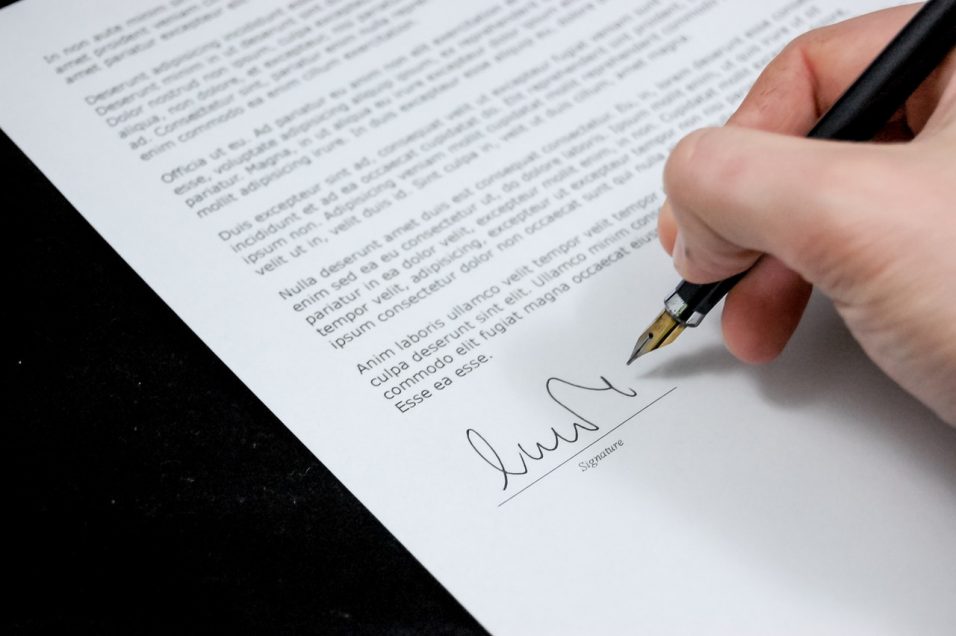If you’re pursuing any sort of professional writing career, kids, there’s something you need to get used to right now: The infinite nature of feedback.
When writers discuss feedback they often fixate on the immediate kind—the kind you seek out from beta readers, the kind you expect to get from an agent or editor. And those forms of feedback sure do exist and dealing with them in a reasonable manner is absolutely an essential part of writing professionally, but if you think it stops there you are fooling yourself.
Kids, feedback is forever.
Infinite Seas of Feedback
I wrote the first draft of my novel The Electric Church in 2004, and submitted it to a website that agreed to publish it. My wife read it, and offered me her assessment, so I revised it using some of her notes. I was assigned an editor, who worked on each chapter discretely, giving me oodles of great feedback.
I revised.
When the website crumbled, the book got picked up by Orbit books. Before sending it off, my agent had a gander and gave me feedback.
I revised.
My editor took the new draft, reviewed it, and sent me a 10-page edit letter.
I revised.
The book got published, and the revisions stopped … but not the feedback. First, there were reviews. Then there were personal notes from readers.
To this day, I get feedback on that book. We’re talking ten years after publication. People still occasionally review the book or send me emails telling me what they did or did not like about it.
Nothing wrong with any of it, of course, but you have to get ready for it: Feedback is forever. People will never stop telling you what you did wrong with your book, or what you did right. You simply have to get comfortable with criticism, because there is no discrete end to it. None. It’s forever.
Sort of like my epic guitar solos, which I routinely beam into space to greet alien races.

